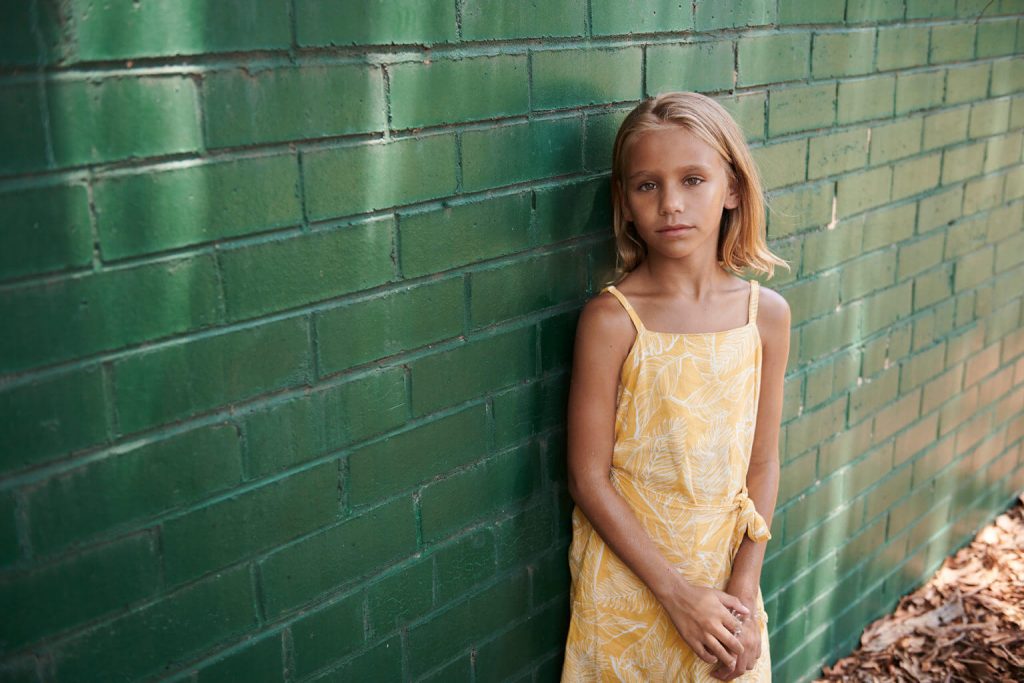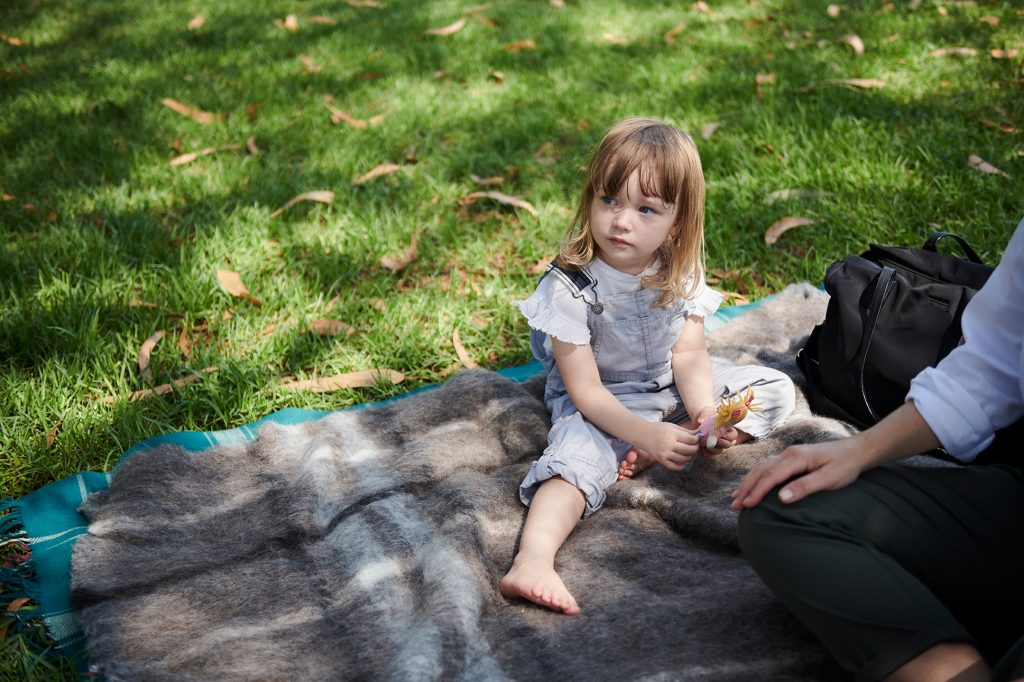Parenting Guide: Understanding The Emotional Needs Of A Child
by Kat Rowe | February 10, 2021
Tips On What To Look Out For The Emotional Needs Of A Child
Occasional upsets or mood changes happen to everyone, including kids. But when behavioural issues become chronic understanding the emotional needs of a child is key and seeking mental health support is a positive step.
Mental health issues that can affect kids include anxiety, depression, attention deficit hyperactivity disorder (ADHD), autism spectrum disorder (ASD) and schizophrenia.
A school nurse or school counsellor may have insights about your child’s mental health. Your doctor can also refer you to a childhood mental health specialist. There is nothing wrong with asking for help. Mental health care is a normal part of staying healthy, along with immunisations and visits to the dentist.
Early Flags and Warning Signs
It can be as subtle as daydreaming or as obvious as tantrums. Mental health issues can be difficult to spot unless you know the early warning signs. The more aware you are of early flags, the better equipped you’ll be to help your child.
Inability to control emotions
It’s heartbreaking to see your child’s emotions spinning out of control. Mental health issues such as anxiety, depression and ADHD can cause extreme emotions.
Emotional symptoms to watch out for include:
- Tantrums
- Mood swings
- Frequent crying
- Phobias
- Excessive worrying
- Irritability
Fidgeting or inability to focus
Sometimes, it’s hard for a child to simply sit still. Maybe they can’t pay attention to one thing for very long. But when should you be concerned? Symptoms that can be early flags for issues such as ADHD and depression include:
- Fidgeting
- Daydreaming
- Inability to focus in school
- Tendency to interrupt people talking
Tiredness and lack of enjoyment
You’ve noticed that your child is sleeping more than usual. Or maybe they just seem sad or aren’t interested in their usual pastimes these days. Depression is more than sadness and can include the following symptoms:
- Tiredness
- Increased or decreased appetite
- Lack of enjoyment or interest in activities
- Sadness or hopelessness
- Talk of suicide

Strange ideas or behaviours
It’s hard to pinpoint, but you’re concerned about your child’s ideas about other people or life in general. Unusual behaviours can be early signs of schizophrenia or other serious conditions and can include:
- Unreasonable suspicions or delusions
- Poor personal hygiene
- Not changing clothes for days
Social withdrawal

Your child seems to be in their own world. You feel like you’re just not getting through to them and they can’t seem to communicate with you. Are they simply introverted or is there a deeper issue, such as depression, anxiety or ASD? Social withdrawal symptoms can include:
- Lack of eye contact
- Avoidance of people or situations
- Clinginess
- No smiling or laughing
- No interaction with others
- Communicating through grunts or similar sounds
Situations when support may be required
Life can be stressful at times, and children are not immune. Changes in living situation, disruptions in routines and relationship problems often impact mental health. Kids can need extra support during certain situations, such as:
- Parental separation
- Bullying and cyberbullying
- Physical, emotional or sexual abuse
- Changing schools
- Moving house
Support for kids and families
At Stride, we offer children’s mental health services and support for kids and parents in Sydney and Brisbane. Our Stride centre in Brisbane provides services for kids ages 0 to 11 with mild to moderate needs.
Are you a mum with mental health needs and have children not yet in school? Stride Kids Playgroup in Sydney offers support for your kids and yourself, including counselling for domestic violence and substance abuse.
Contact us to learn about our mental health services for your child, your family or yourself.
More Useful Reading
- Dimensions Of Wellness
- Financial Wellness
- How a great nights sleep can improve your mental health
- What is NDIS Support Coordination

